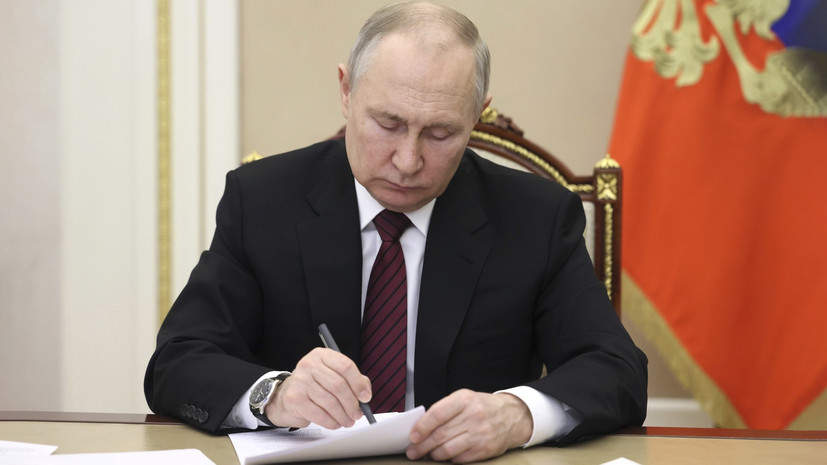Withdrawal from Ukrainian citizenship
According to one of the laws, it is proposed to consider the Ukrainian citizenship of Russian citizens terminated from the date of submission of an application to the Ministry of Internal Affairs of the Russian Federation to withdraw from it.
The explanatory note to the bill states that in 2021 and 2022, changes were made to the legislation of the Russian Federation, providing for a simplified procedure for admission to Russian citizenship of citizens of Ukraine. During this period, more than 636 thousand people became Russian citizens. At the same time, due to the political situation, Russian citizens who simultaneously have Ukrainian citizenship are deprived of the opportunity to withdraw from Ukrainian citizenship for reasons beyond their control.
At the same time, the presence of Ukrainian citizenship prevents the realization by such citizens of the Russian Federation of their rights to employment in state and municipal bodies, the replacement of state and municipal posts, professional activities in certain spheres of the economy, training in educational organizations that provide for the admission of applicants to state secrets.
"The draft law provides for the creation of a legal mechanism in which citizens of the Russian Federation who have ukrainian citizenship will be considered not to have ukrainian citizenship from the date of filing an application for their unwillingness to be citizens of Ukraine, which will ensure the admission of such citizens to fill state, municipal and other positions, as well as resolve other issues in the solution of which the citizenship of Ukraine acts as a limiting factor", - Clarified in the explanatory note.
According to the text of the bill, it will be possible to apply for withdrawal from the citizenship of Ukraine in electronic form on the portal "Public Services". It is emphasized that from the date of submission of the application, citizens will have to refrain from exercising the rights and fulfilling the duties of a citizen of Ukraine, including from obtaining and using a Ukrainian passport and other documents that certify this citizenship.
In the event that the fact of violation of this norm is revealed, the statement of unwillingness to be a citizen of Ukraine will be considered invalid, and the applicant himself will have Ukrainian citizenship. It will be possible to re-apply with a statement of unwillingness to be a citizen of Ukraine only ten years after the date of recognition of the first application as invalid.
The document also states that a statement for a child under 14 years old can be submitted by parents or guardians.
Discrediting SVO participants
Another law establishes criminal liability for discrediting the participants of the CVO, including volunteer formations, organizations or individuals who assistin performing the tasks assigned to the Armed Forces of the Russian Federation. The maximum penalty under this article is up to seven years in prison.
At the same time, for the public dissemination of knowingly false information about volunteer formations, which entailed serious consequences, up to 15 years in prison and a fine of up to 5 million rubles are threatened.
In addition, criminal liability is introduced for illegal entry into important state facilities, facilities on communications and special cargoes, the protection of which is handled by Rosgvardia. This is punishable by imprisonment for up to four years.
Cultural Heritage Sites in New Regions
Another law is devoted to the peculiarities of legal regulation of relations in the field of culture in the DPR, LPR, Zaporozhye and Kherson regions.
According to the document, objects of cultural heritage that were in the regions on the day of their admission to the Russian Federation are classified as objects of cultural heritage of federal significance.
"The adoption of the law will create conditions for ensuring the preservation of cultural heritage sites and cultural values of the new subjects of the Russian Federation," the conclusion of the Federation Council Committee on Science, Education and Culture says.

